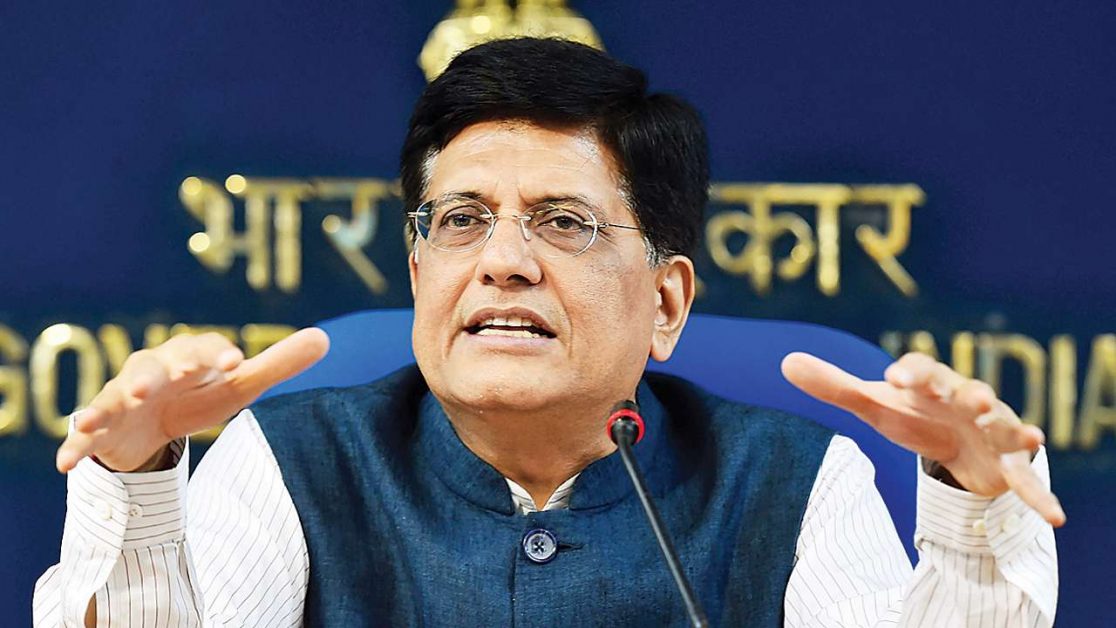New Delhi: Indian Railways was able to complete long-pending infrastructure work since the covid-19 induced lockdown that resulted in doubling the speed of freight trains as compared to last year, railway minister Piyush Goyal said on Thursday.
“I am delighted to share that we are twice the speed that we were at one year ago on our freight trains. A cargo from Mumbai to Guwahati moves at two-and-a-half days today, rather than a week earlier. A cargo train from Delhi to Kolkata will reach in less than two days as against four or five days earlier. But it was the collective effort of the industry and the railways, coupled with that confidence that we can do it that we were able to achieve it,” the minister said.
Speaking at the FICCI’s ‘Future of Rail Transport- 3rd edition of Smart Railways Conclave’, Goyal said Indian Railways was able to convert lockdown adversity into an opportunity that resulted in long-term gains for the national transporter.
“Freight trains now will be a part of a zero-based timetable,” the minister said. A zero-based tabling includes scheduling of trains in a way to ensure smooth operations for freight as well as passenger train services. It includes rationalization of stoppages and trains, while weighing the demand and commercial viability of train services.
Goyal also released the FICCI-CRISIL knowledge paper- Indian Railways 2.0: Re-claiming Pole Position in Freight Transport.
According to the paper, Indian Railways’ stagnant freight portfolio is one of the key bottlenecks for its high traffic growth. “Though there is a significant leeway in terms of an improvement in modal share and traffic volumes from many existing commodities, Indian Railways has to capture new cargo streams to achieve its target of gaining 44% modal share by 2051 and doubling freight volumes by 2040,” it said.
Towards this, the national transporter will have to enhance volumes in existing commodities, such as cement, container, steel, and automobiles. It further said that dedicated freight corridors (DFCs) are expected to lower the operating cost of rail freight transport by about 40%. “This will provide significant leeway to railways for rationalization of tariffs, potentially engendering a significant modal shift from road to rail,” it said.
“With state-of-the-art technology and design, DFCs will enable freight trains to operate at speeds as high as 100 km per hour. Hence, the average transit time for freight movement is expected to shorten drastically, enabling faster movement of goods,” the paper said.
Source : Live Mint




